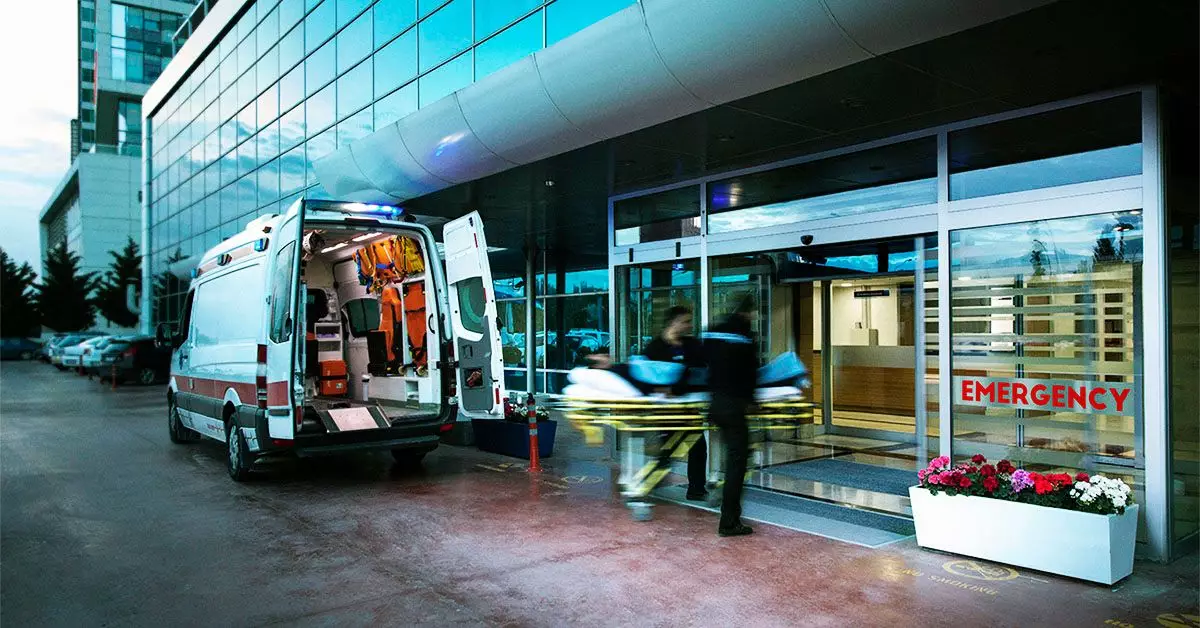Secondary traumatic stress (STS) is a serious condition that can have a profound impact on individuals who are indirectly exposed to traumatic events. This emotional distress mirrors the symptoms of post-traumatic stress disorder (PTSD) and can lead to a variety of negative consequences in both personal and professional life.
STS can occur when individuals in helping professions, such as doctors, service workers, and emergency workers, are exposed to the traumatic experiences of others. This exposure can put them at a higher risk of developing STS, as they are constantly providing support and assistance to those who have experienced trauma.
The symptoms of STS can manifest in various ways, including cognitive, behavioral, emotional, and physical symptoms. These symptoms may include flashbacks, nightmares, anxiety, guilt, difficulty sleeping, trouble concentrating, hypervigilance, and more. It is important to recognize these symptoms early on to seek appropriate treatment.
Mental health professionals can diagnose STS using screening tools, structured interviews, and self-report questionnaires. These assessments typically follow the criteria outlined in the Diagnostic and Statistical Manual of Mental Disorders, Fifth Edition (DSM-5). Treatment for STS may involve therapy, medications, stress-management techniques, journaling, and creating a work-life balance.
Preventing STS is essential for individuals in high-risk professions. Taking proactive steps to manage stress, practicing self-care, and seeking support when needed can help reduce the risk of developing STS. It is important to prioritize mental health and well-being to prevent the negative impact of traumatic stress.
Understanding secondary traumatic stress (STS) is crucial for individuals in helping professions and those who may be indirectly exposed to traumatic events. By recognizing the causes, symptoms, and treatment options for STS, individuals can take proactive steps to protect their mental health and well-being. It is important to seek support from mental health professionals and practice self-care to prevent the negative consequences of STS.


Leave a Reply